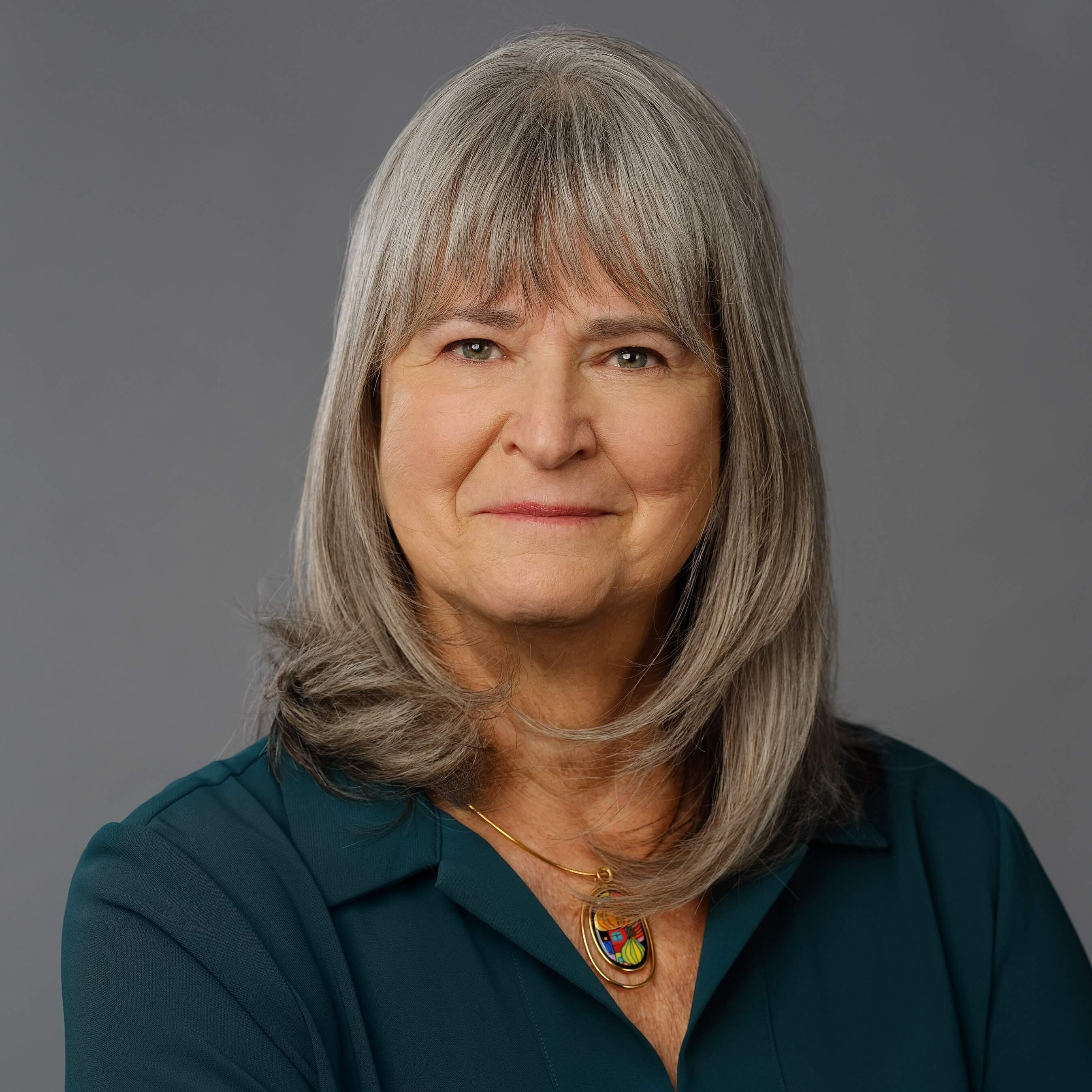Limitations – What, Me?
-limitations-what-me-400.jpg)
 “Which is harder, do you think, owning your strengths or accepting your limitations?”
“Which is harder, do you think, owning your strengths or accepting your limitations?”
This question was posed to me recently by a coaching client I’ve been working with for a couple of months. You may be surprised at my answer.
You see, on the surface it seems that people are more aware of what they don’t do well. All of us receive a lot more feedback about what we don’t do well -- think about school progress reports, employee evaluations, and frustrated family members. And of course there are many popular self-help books all about how to figure out what you don’t do well and work on improving it.
But paradoxically, it is the difficulty people have accepting their limitations that creates the difficulty they have claiming their strengths in the first place. Really. So, to answer the question about which is harder, it’s more difficult for people to accept their limitations than it is for them to own their strengths. Surprising, isn’t it? Let me explain why.
In the late 1960s there was a huge popularization of humanist psychology and the “human potentials” movement. The phrase often heard was “self-actualization”, which strictly speaking meant “to realize one's full potential”.
Very quickly, with all the publicity this topic received, the phrase “one’s full potential” was morphed into meaning that people actually have no limitations and therefore could do anything they really put their minds to. Self-actualization came to mean that “if you really want it bad enough you can have it, do it, or become it, but you really have to want it”.
While this sounds great in theory, the reality of what it does to people is not all that great. Instead of liberating people to explore what they are really good at, the message heard is “if you are not doing something well it’s because you don’t really want to learn it badly enough.”
-
You need to work on those things you don’t do well if you want to maximize your potential and become self-actualized.
-
If your weaknesses don’t improve then clearly you don’t want it badly enough, so go work on it until you get it right.
What’s truly tragic is the effort so many of us waste “trying to get it right” instead of letting it go. People spend enormous amounts of time and energy trying to strengthen their weaknesses because they refuse to accept the reality that all of us have limitations. While you are busy trying to develop your weaknesses you are ignoring your strengths – that’s the paradox!
Accepting your limitations is more difficult than claiming your strengths until you acknowledge, and really believe, that your limitations will never be anything but that – limitations – no matter how hard you work on developing them.
You can strengthen a limitation, but that does not make it a strength. You can even get pretty good at a limitation, but that does not make it a talent or a gift.
Do you want to be successful? Then claim your strengths and do more of what you do best. But if you want to be profoundly successful then accept your limitations and stop trying to develop them into something they can never become.
Take some time to reflect on those things you are struggling to “improve”. Are they getting better, or are you still exhausting yourself for unnoticeable improvement and ineffective execution?
Maybe it’s time to let go of the self-created anxiety and make peace with your limitations.
Please share your thoughts on this topic in the comment section below.
Find out more about the services we have available to help you find the success you want and deserve!
© Vega Behavioral Consulting, Ltd., All Rights Reserved
About Lynda-Ross
Lynda-Ross Vega is a partner at Vega Behavioral Consulting, Ltd. She specializes in helping corporate leaders, entrepreneurs, and individuals with interpersonal communications, team dynamics, personal development, and navigating change. Lynda-Ross is co-creator of Perceptual Style Theory, a revolutionary behavioral psychology theory and assessment system that teaches people how to unleash their natural strengths and build the life and career they dream of.
Additional information about Lynda-Ross